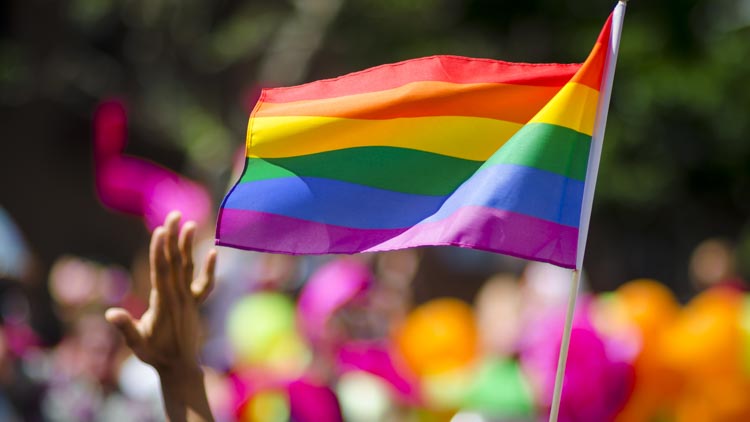We aspire to become a place that is both diverse and uncompromising in our commitment to equity and inclusion — because we know full-well that diversity on paper is one thing, and equity and inclusion are another. We continue to hold ourselves accountable by focusing on meaningful and measurable outcomes.
Chancellor Andrew D. Martin
Sex
Sex as reported, reflects the data collected. We do not collect personal information about gender identity or sexual orientation from our students, faculty or staff.
Race/Ethnicity
Constituents were able to indicate two or more racial or ethnic categories, and they are reported in all categories indicated.
Recent progress
178%
Increase in first-generation college students in the entering first-year class since 2013
65%
Increase in women faculty (all tracks) on Medical Campus since 2010
88%
Increase in Hispanic/Latina/o/x tenure-track/tenured faculty on the Danforth Campus since 2010
12%
Percentage of tenure-track/tenured faculty from historically underrepresented racial and ethnic groups
300%
Increase in number of incoming first-year students with a Pell Grant since 2012
Socio-economic diversity
As part of our ongoing effort to attract and retain highly talented low-income students, we are working to increase our percentage of first-year, full-time students who are eligible for the Federal Pell Grant Program.
Pell-eligible first-year undergraduates
- Percentage of students
| Percentage of students | |
|---|---|
| 2012 | 5.2% |
| 2013 | 6.1% |
| 2014 | 7.6% |
| 2015 | 11.4% |
| 2016 | 12.9% |
| 2017 | 13.2% |
| 2018 | 14.7% |
| 2019 | 15.3% |
| 2020 | 15.6% |
| 2021 | 16.5% |
| 2022 | 19.9% |
We have a global community.
Faculty or student origin indicates individual’s country of birth; faculty degrees indicates the location of the degree-granting institution for the faculty member’s terminal degree. Faculty includes Danforth Campus tenured and tenure-track. Data from Fall 2022. Faculty data is compiled based on Washington University’s annual November 1 census; student data is compiled based on the 10th week of the fall semester.

University milestones
“As a university, we have come a long way in some key areas of creating a more diverse, equitable, and inclusive community. Still, we have a long way to go. We are driven to do better and be better.”
— Chancellor Andrew D. Martin

Campus Pride Index
WashU scored a 5/5 on The Campus Pride Index, which is an overall indicator of institutional commitment to LGBTQ-inclusive policy, program and practice.
